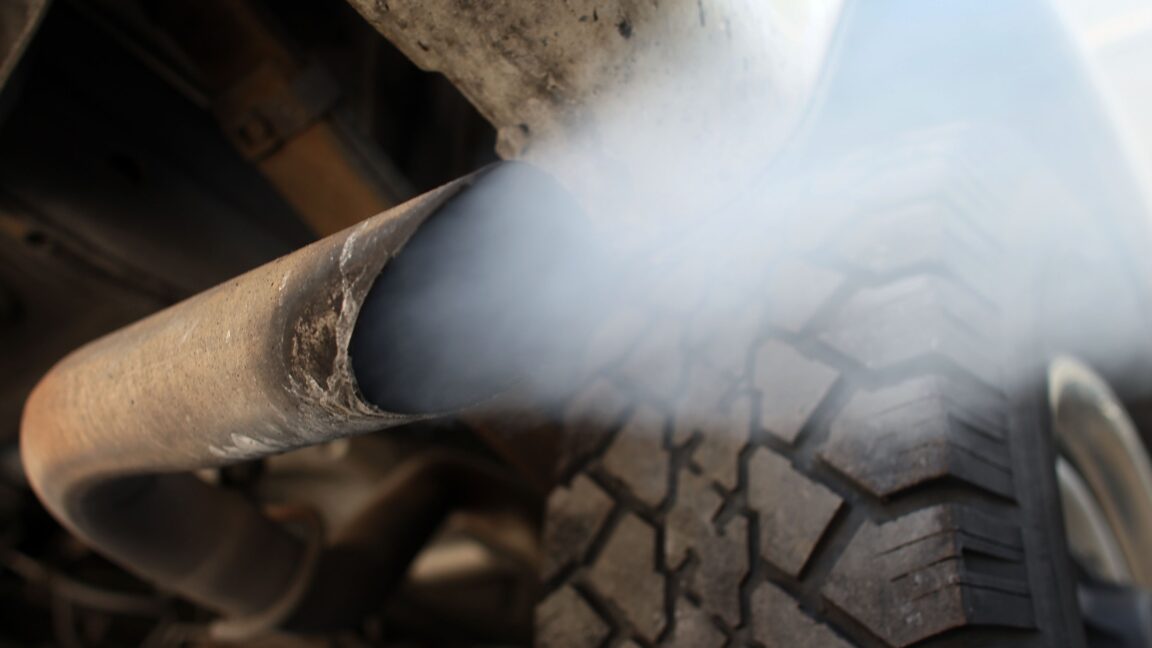December 16, 2024:

The incoming Trump administration has even more plans to delay electric vehicle adoption than previously thought. According to Reuters, which has seen transition team documents, the Trump team wants to abolish EV subsidies, claw back federal funding meant for EV charging infrastructure, block EV battery imports on national security grounds, and prevent the federal government and the US military from purchasing more EVs.
During the campaign, candidate Trump made repeated references to ending a supposed EV mandate. In fact, policies put in place by current US President Joe Biden only call for 50 percent of all new vehicles to be electrified by 2032 under EPA rules meant to cut emissions by 56 percent from 2026 levels.
Instead, the new regime will be far more friendly to gas guzzling, as it intends to roll back EPA fuel efficiency standards to those in effect in 2019. This would increase the allowable level of emissions from cars by about 25 percent relative to the current rule set. US new vehicle efficiency stalled between 2008 and 2019, and it was only once the Biden administration began in 2021 that the EPA started instituting stricter rules on allowable limits of carbon dioxide and other pollutants from vehicle tailpipes.
About a third of the population looks to the California Air Resources Board, rather than the EPA, to get their emissions regulations.
The so-called ZEV states (for Zero Emissions Vehicles) do have something closer to an EV mandate, and from model-year 2026 in these states (California, Connecticut, Colorado, Delaware, Maine, Maryland, Massachusetts, Minnesota, Nevada, New Jersey, New York, Pennsylvania, Oregon, Rhode Island, Vermont, Virginia, Washington, and the District of Columbia) a third of all new cars sold by each automaker will have to be battery-electric—assuming the EPA grants California a waiver to allow this to happen.
As with the first Trump administration, we can expect a sustained attack on California’s ability to set its own vehicle emissions regulations and any attempts by other states to use those regs.
Trade tariffs will evidently be a major weapon of the next Trump administration, particularly when deployed to block EV manufacturing. Even the current administration has been wary enough of China dumping cheap EVs that it instituted singeing tariffs on Chinese-made EVs and batteries, with bipartisan support from Congress.